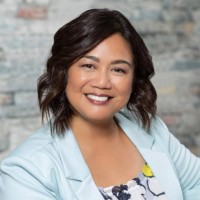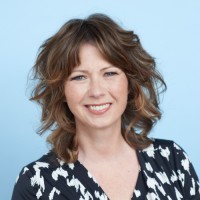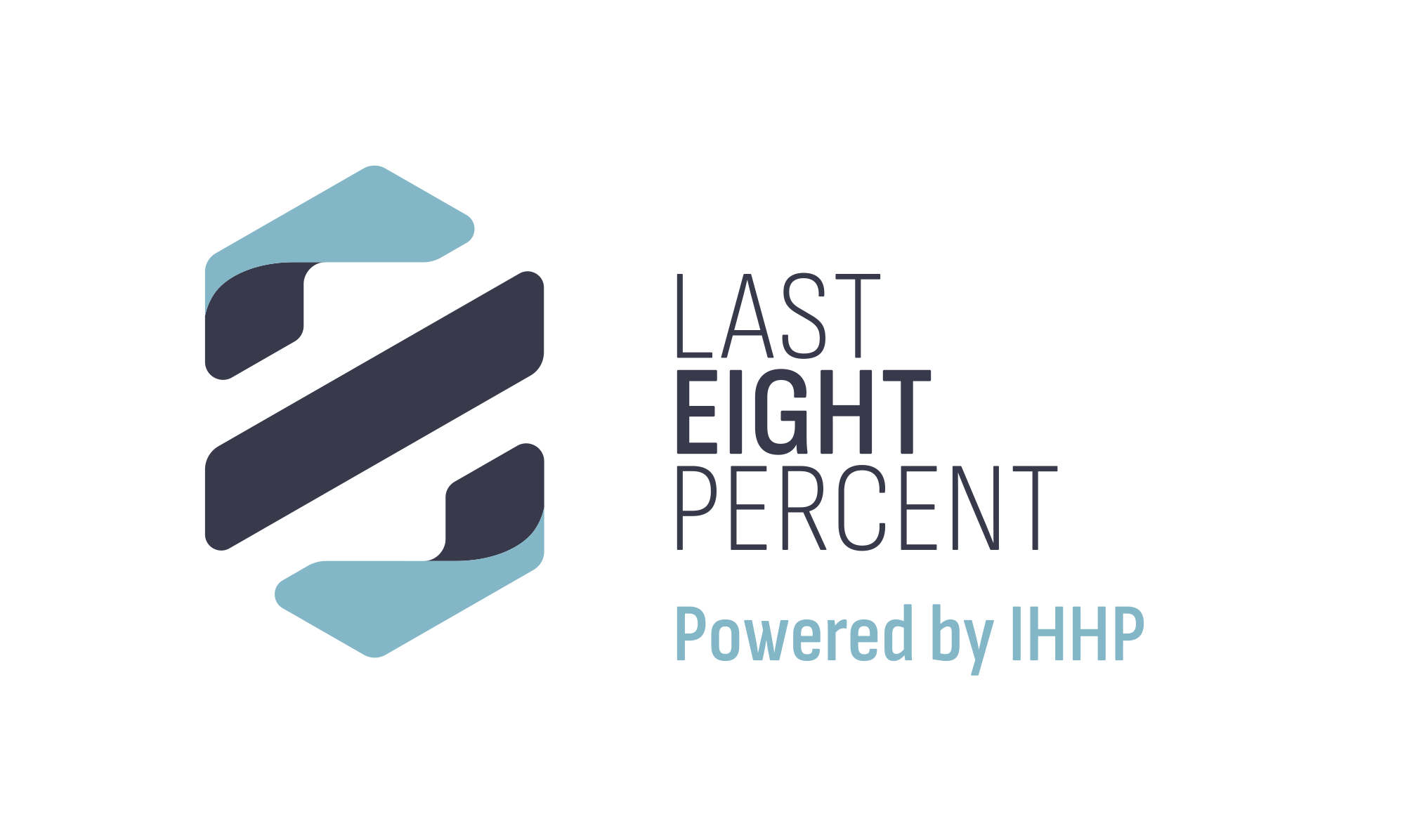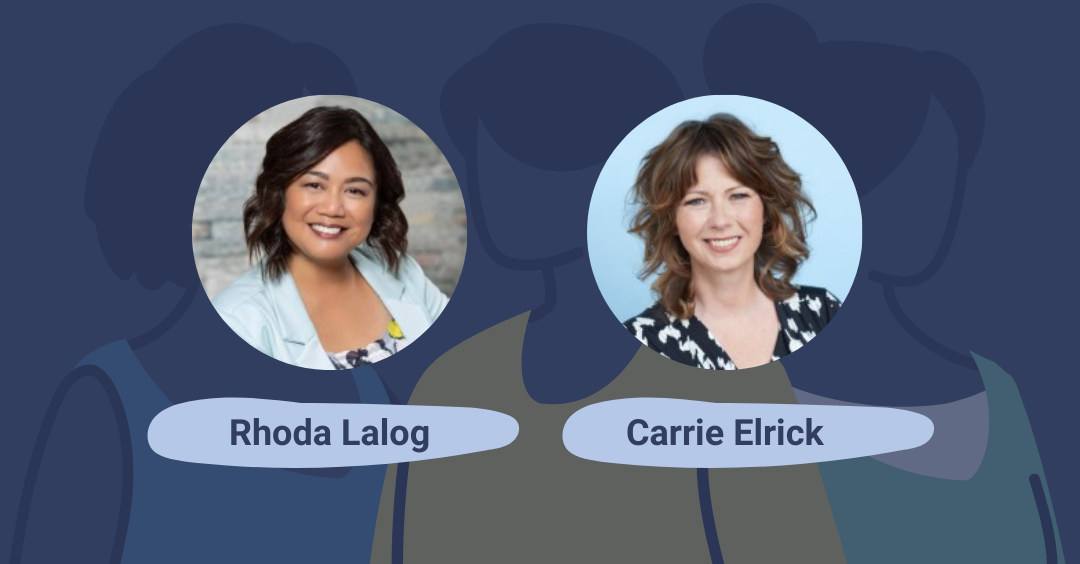IHHP is proud to have hosted Rhoda Lalog and Carrie Elrick in our recent livecast, “DEI, Women & the Workplace”. And we are even more enthusiastic about this special one-on-one opportunity to learn more about their experiences and what led them to their current roles.
Their stories are made more valuable by the range and diversity of roles they have held throughout their career. The non-linear career paths of both of these inspiring women reflect their detailed and holistic understanding of DEI in the workplace.
Ranging from their early career experiences, their passions, and their vision for the future of DEI Work, we are pleased to present their insights to our wider audience.
What is your background? How has it prepared you for DEI work?
Rhoda: As a woman who identifies as a member of visible minorities, I have worked in the corporate environment for over 20 years in various individual contributor and leadership roles. In all those years, I was always the only Filipina woman on my team. And being in the HR field for the last half of my career, more than 80% of my colleagues who were in positions of power were white women. I’ve experienced first hand what it meant to feel excluded and how that affected my mental health.
In my own journey with coaching and psychotherapy, I became acutely aware of how my personal history and trauma informed the way I showed up in the workplace. I also became very aware of which leaders cultivated an environment that made me feel safe to be my authentic self and leaders who had low emotional self-awareness that contributed to my stress levels. When I began to lead the strategy and execution of a new DEI function in my last place of work, I heard countless stories of feelings of exclusion and the leaders that failed to provide the psychological safety that people needed to feel heard, seen and understood. It became evident to me that leaders were leading from the hurt of their own past trauma and unconsciously created unsafe spaces that affected the mental health of individuals and teams.
Today, as a mental health professional, my goal is to support leaders on their own mental health journeys because they have the ability to impact the mental health of whole organizations. DEI, psychological safety, mental health and emotional intelligence are all interconnected for me on a very personal level and if I can inspire a shift in perspective through sharing my stories and experiences, I will continue to do what I can to raise awareness.
Carrie: I was inspired to address social inequity for women. I worked with Victim Services early in my career and saw the effects of abuse and violence had on women and their children and this sparked me to become an advocate and champion for social change. I went into the profession of social work as one of the core values of social work is advocating for diversity, equity, and inclusion and working to create systemic change through more inclusive social policy. I completed my BSW and my MSW with a specialization in developing an anti-oppressive approach for social change. I also completed my MBA to gain a deeper understanding of decision makers’ mindsets when considering the development of new process and system changes such as a diversity, equity, and inclusion approach.
My work has focused specifically on addressing the effects of abuse and violence on women’s health and emotional well-being and the impacts of trauma. I am focused on addressing systemic inequities that affect women-all women- and approach this work from an understanding that women’s experiences are shaped and informed by their race, ability, socioeconomic status and so forth. Working for social change is not a one-size fits all approach.
I bring a deep understanding of social justice goals coupled with in- depth knowledge of the business development process which situates me perfectly to help organizations develop a sustainable and ethical approach to diversity, equity and inclusion. The focus of my work is creating an opportunity for transformational change for everyone in the organization.
What are you passionate about? What drives you?
Carrie: I am passionate about working with women through their process of personal growth as they lean into their passion, desires and purpose. Women are so resilient. We push forward through adversity, and oppression and marginalization in forms of racism and sexism and so many challenges and yet we continue our path towards healing and making the world better and I want to support this.
Rhoda: I am passionate about helping leaders increase their capacity for emotional self-awareness through psychotherapy. I am driven by this work because I have experienced first hand in the workplace how leaders with low emotional self-awareness have the ability to affect the mental health of individuals, teams and work cultures. When leaders are emotionally self-aware, they are conscious about how they show up in the workplace and are purposeful about how they lead others and make them feel safe, cultivating a space where people feel valued and engaged.
Leaders who are emotionally self-aware, understand that social issues happening in our external world have a deep emotional impact on the inner world of individuals in the workplace. When emotionally self-aware leaders engage with others, it is from a place of curiosity, authenticity, compassion and empathy which builds the foundation for strong relationships and feelings of inclusion. I experienced first hand the support of highly emotional self-aware individuals who without, I would not be where I am today. I do this work to pay it forward.
What does DEI mean to you? What change would you like to see in the world?
Rhoda: To me, DEI is a natural outcome or state of a society or culture that consists of individuals that are conscious of their position of power and privilege and interact with others and make decisions from a place of that awareness. To me, DEI is not just a goal to achieve but a journey to embark upon. The challenge is that most people who are in a position of power and privilege don’t necessarily understand the impact they have on others when they are behaving from an unconscious position of privilege and power. Unconscious behaviours and patterns are motivated by our emotions yet we are a culture that favours ‘thinking’ versus ‘feeling’.
What I would like to see change in the world is more education and awareness across all institutions around emotional health so that we can begin to build a common language that allows us to have deep and meaningful conversations around complex social situations.
Carrie: DEI is about a transformational change on a personal level. It is the opportunity to gain insight and understanding around how we are all a piece of the puzzle but some of us have a greater advantage to fitting our piece in because we more closely match the slot. I think DEI is about developing a personal understanding about who we are as a person and developing a commitment to change these accepted norms or “slots”. If you are a person of privilege like me, this means seeking to develop genuine connections with people from equity-seeking groups and expressing your desire to join alongside and show commitment to addressing the root cause of systemic oppression.
How do you feel about DEI becoming a more popular topic within the workplace?
Carrie: I think the death of George Floyd and Breonna Taylor and the intense work of the Black Lives Matter Movement sparked intense emotions for many people. I think as a result many organizations are looking at developing their DEI approach with the best intentions. My concern is for the approaches that are not grounded in social justice goals that seek to create transformational change and are focused more on a “tick box” approach. The problem with the tick box is that organizations are microcosms of larger society and as such people’s experiences within companies represents a snapshot of pervasive effects of racism and sexism, ableism, homophobia and so forth that affect so many people at a psychological, social, emotional, and physical level everyday. The focus of the work must be grounded in creating a shift in what people think, feel, and believe about inequity and the lack of diversity and how this impacts inclusion throughout all spheres of society. This is not accomplished without doing some deep work.
Rhoda: There is a part of me that is hopeful that as a society, we are moving in the right direction – raising social awareness, having tough conversations and coming to terms with the harsh realities that marginalized people face everyday. There is another part of me that is skeptical about the intent and purpose of this topic becoming more popular. From a business perspective, it can be viewed as a PR strategy – another way for people in positions of power to check off a box versus truly recognizing DEI as a journey that requires constant reframing in every part of an organization – from people, to policies to processes.
A lot of DEI work tends to fall on marginalized people. What are your thoughts on this?
Rhoda: I think what majority groups need to understand is that marginalized groups have been doing the inner work their entire lives – trying to conform, to fit in, to feel accepted, to understand how to make sense of their world, to explain themselves. Marginalized groups are psychologically and emotionally exhausted and they are susceptible to re-traumatization everytime social injustices surface and are not addressed appropriately in the workplace. Expecting marginalized groups to take the lead for DEI work further burdens them with the responsibility of educating those with privilege where there should be more of a focus on burdening majority groups of understanding what it means to have privilege. Marginalized groups have been living with the burden of discomfort their entire lives. I think majority groups need to open themselves up to be ok with sitting in discomfort to truly show allyship.
Carrie: I totally agree. I came up through the third wave of feminism and we focused on addressing violence against women, reproductive rights and pay equity. It was the women seeking a safe abortion that also had to take on the role of social advocacy and supporting other women through these terrible and painful experiences. It is time for industry to take responsibility for their role in creating and maintaining unequal power relations through the lack of diversity and inclusion. I stepped back into the work of DEI because of this movement from the corporate world. I want to support industry in developing a sustainable and ethical approach to DEI and create social change.
Other Blogs You Might Be Interested In:
DEI: A Way of Working, Thinking, Being, and Thriving
Emotional Intelligence, Connection, and High-Performing Women

Rhoda Lalog
Rhoda is the founder of Urban Consciousness. She empowers people through holistic psychotherapy and personal growth programs. With over 20 years of corporate leadership experience, her passion for developing leaders was cultivated in client service roles. She is committed to helping leaders connect the dots to their own stories and lead with purpose, both personally, and professionally.

Carrie Elrick
Carrie Elrick is the founder of Project Rescuers. She specializes in helping organizations develop their commitment to diversity, equity, and inclusion by addressing the root cause of social inequity. With over 20 years experience working with clients in dozens of industries, her strength lies in understanding how to leverage the nexus between human behaviour and business process to achieve sustainable change.

